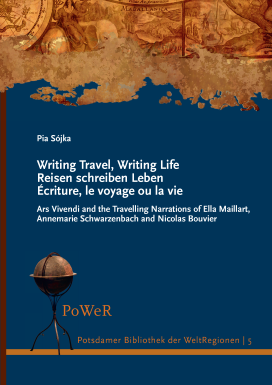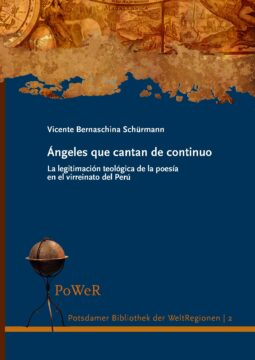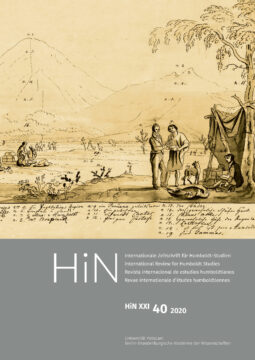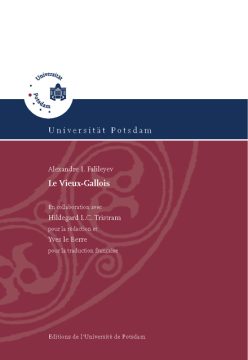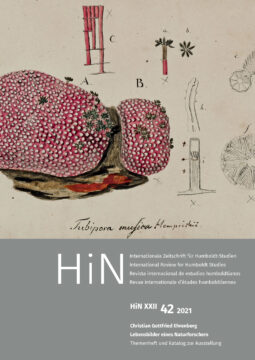The book compares the texts of three Swiss authors: Ella Maillart, Annemarie Schwarzenbach and Nicolas Bouvier. The focus is on their trip from Genève to Kabul that Ella Maillart and Annemarie Schwarzenbach made together in 1939/1940 and Nicolas Bouvier 1953/1954 with the artist Thierry Vernet. The comparison shows the strong connection between the journey and life and between ars vivendi and travel literature.
This book also gives an overview of and organises the numerous terms, genres, and categories that already exist to describe various travel texts and proposes the new term travelling narration. The travelling narration looks at the text from a narratological perspective that distinguishes the author, narrator, and protagonist within the narration.
In the examination, ten motifs could be found to characterise the travelling narration: Culture, Crossing Borders, Freedom, Time and Space, the Aesthetics of Landscapes, Writing and Reading, the Self and/as the Other, Home, Religion and Spirituality as well as the Journey. The importance of each individual motif does not only apply in the 1930s or 1950s but also transmits important findings for living together today and in the future.

